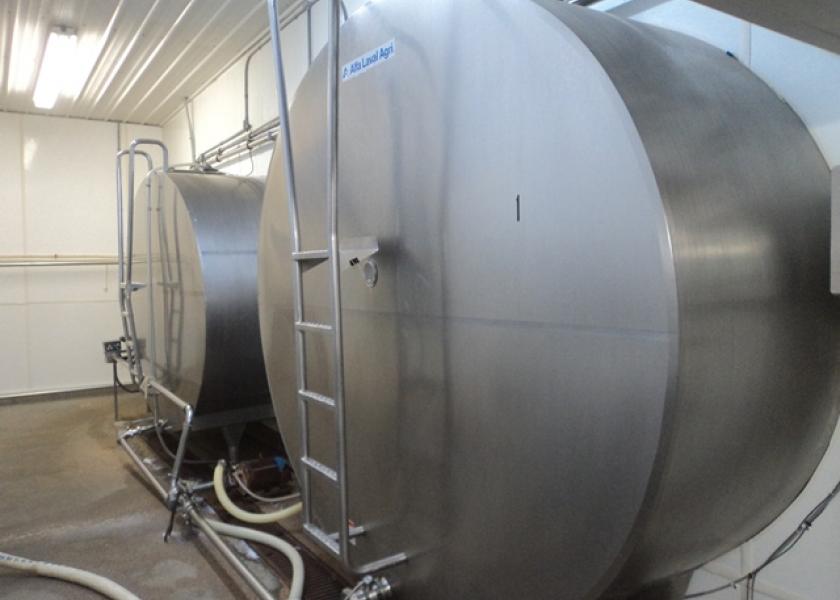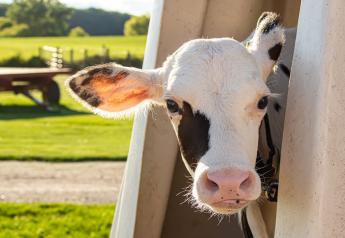What’s Causing Your PI Count to Spike?

When you think of milk quality, what comes to mind? Is it a low SCC count? Perhaps low incidence rates of mastitis? While both of these are key to producing high quality milk, there’s another part to milk quality that is often overlooked: preliminary incubation (PI) counts.
According to Selene Reeves and Donna Amaral-Phillips from the University of Kentucky, the PI count is a unique test that can detect bacteria that grow in cold environments. These are called psychrotrophic bacteria. This number can be used as a reflection of cleanliness for both milking equipment and cows. Ideally, farms should aim for a PI count of 10,000 cfu/mL or lower.
When PI counts begin to exceed this level, the pair suggest looking over the following factors:
Wash Water Temperature – “A major contributor to a high PI count is using wash water that is not hot enough when cleaning milking equipment with detergent. Make sure the wash water temperature is between 155 to 170°F at the start. Drain water when the wash water temperature reaches 120°F, if not before,” the duo state.
Acid Sanitation – The last step of the wash cycle should include acid sanitation to prevent bacterial growth over a longer period of time. Check to make sure your wash system is working properly and sanitizers are being dispensed.
Rubber Parts – Rubber parts, such as hoses, gaskets and liners need to be cleaned properly, air dried, and changed on a set schedule as indicated by the manufacturer, according to the extension agents. Cracks within the rubber parts can house bacteria and lead to a high PI count.
Bulk Tank – The bulk tank is an essential piece of equipment when it comes to milk quality. It should be cleaned after each milk pick-up with wash water and detergent that reaches temperatures of 155°F or greater. At the conclusion of the wash cycle, water temperatures should still exceed 120°F.
Sanitizers – Utilizing chlorine or iodine sanitizers before milking are recommended.
Refrigeration – If your PI count begins to spike, take time to look over refrigeration charts.
“Poor cooling of milk in a bulk tank will allow psychotropic bacteria to grow. Milk should be cooled down to 40°F within 1 hour of milking for the first milking stored in the bulk tank and down to 36 to 38°F within an additional hour. For subsequent milkings, blend temperature should remain below 45°F and then cooled as for the first milking. Storing milk at temperatures of 33 to 35°F may not completely kill temperature resistant bacteria, but it can significantly slow their growth,” the pair notes.
High PI counts typically indicate less than ideal cleanliness of either equipment or cows, but the cause can be difficult to pinpoint. Examining these key areas may be able to point producers in the right direction for trouble-shooting problems when they arise.







